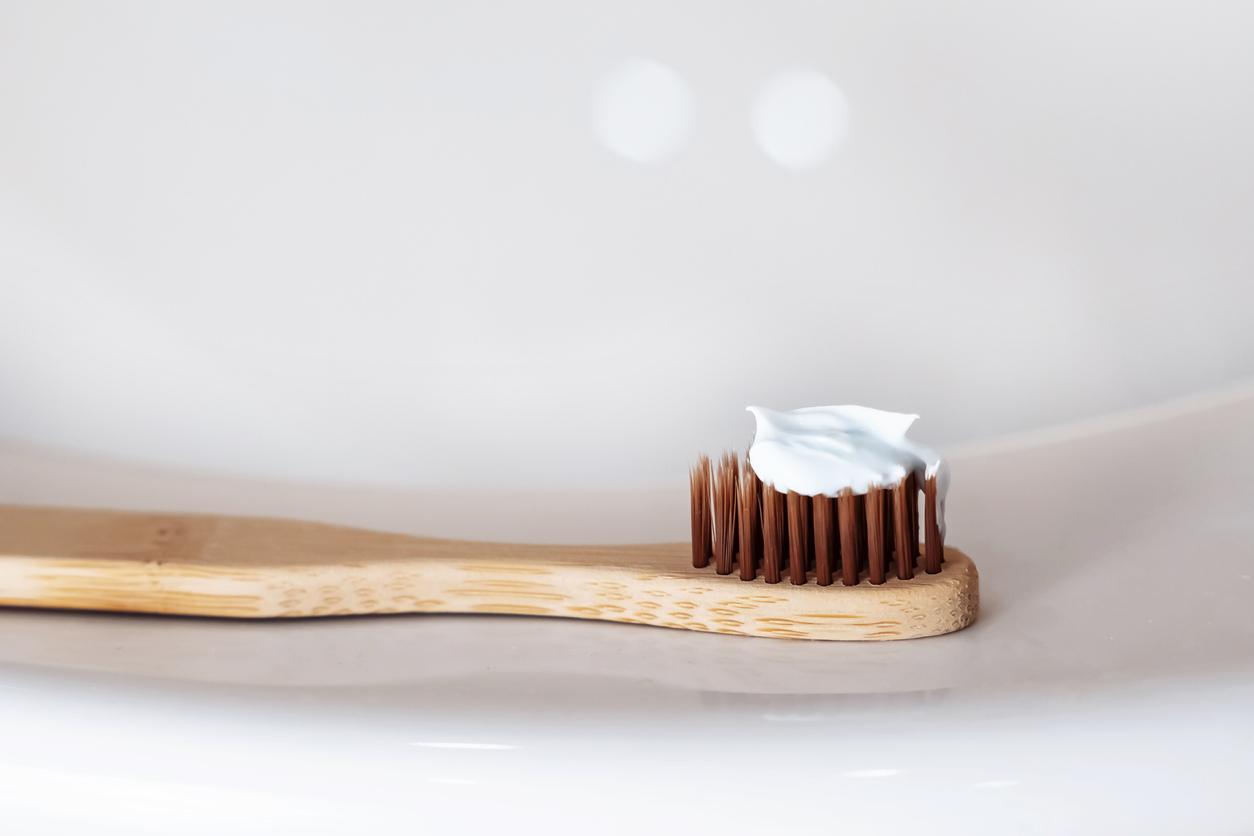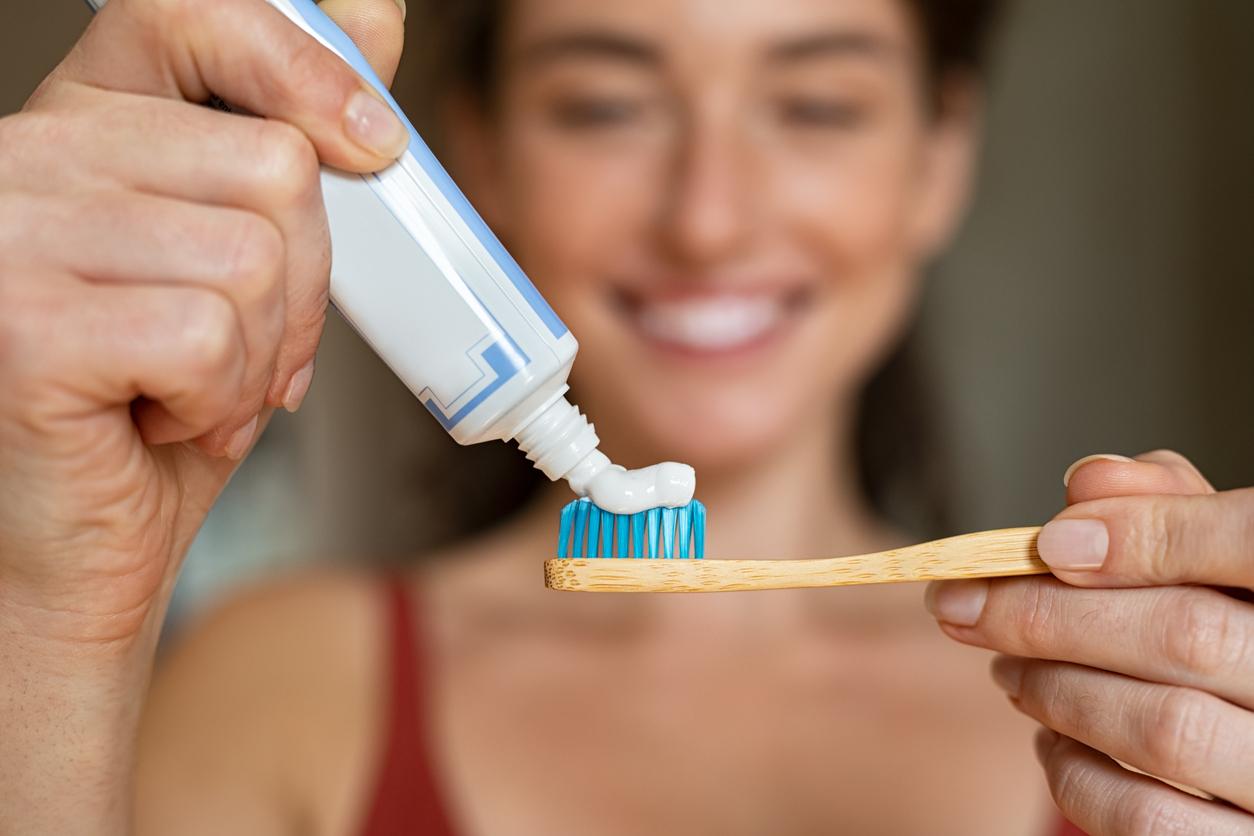And if toothpasteand the antibacterial soap you use every day promotes nasty bacteria? Researchers from the American universities of Saint-Louis, Washington and Notre-Dame in the United States point the finger at triclosan, a chemical agent with antifungal and antibacterial properties, present in hygiene products such as toothpastes, soaps or more deodorants. They suspect this biocide to promote antibiotic-resistant superbugs.
Their work published in the Antimicrobial Agents and Chemotherapy journal conclude that triclosan, instead of destroying pathogenic bacteria, would make them potent enough to survive antibiotics. Infectious bacteria like l‘Escherichia coli and Staphylococcus aureus (Staphylococcus aureus) would be able to tolerate lethal doses of antibiotics, the researchers say in their study. “Exposure to triclosan could inadvertently lead bacteria to a state in which they would be able to tolerate normally lethal concentrations of antibiotics,” the researchers write.
In the United States, approximately 75% of adults have detectable levels of triclosan in their urine. Less than 10% of them have urine concentrations high enough to inhibit the growth of Escherichia coli and Staphylococcus aureus (MRSA) bacteria.
Based on this observation, the researchers conducted in vitro experiments in the laboratory and in vivo on mice to assess the impact of triclosan on these two pathogenic bacteria. The tests gave uneasy conclusions, at a time when we are worried about the rise in antibiotic resistance. “Clinically relevant concentrations of triclosan increased tolerance of E. Coli and MRSA to bactericidal antibiotics up to 10,000-fold in vitro and reduced antibiotic efficacy up to 100-fold in a urinary tract infection model in mice “, reports the study.
A controversial antibacterial
This is not the first time that worrying about triclosan scientists for its risks to human health. Several studies have suggested that this antibacterial agent could reduce muscle strength, disturb the heartbeat or promote allergies. He is also suspected of being a endocrine disruptor.
In France, triclosan is used for its antimicrobial properties as a preservative at a maximum concentration of 0.3%.
In 2017, scientists from 29 countries called for theban on triclosan in cosmetic products.
Read also
Cosmetics are believed to be responsible for precocious puberty in girls
Triclosan May Help Treat Cystic Fibrosis
Which electric toothbrush to choose


















